After holding strong for two weeks, fears over the Omicron variant look set to change the government’s course on Covid restrictions. Reports this morning suggest that Plan B could be implemented as early as tomorrow, including advice to work from home and — more controversially — the introduction of vaccine passports.
The timing is interesting: rumours about the possible decision landed hours after a video clip — showing the Prime Minister’s former press secretary joking about last year’s alleged Downing Street Christmas party with No. 10 aides — was leaked. Downing Street still adamantly denies the party took place. Many are wondering if this is a ‘dead cat’ strategy: one that could have serious implications for the UK’s economy and the liberty of its citizens, to draw away attention from a growing crisis.
The introduction of vaccine passports would mark a clear rebalancing of power between the individual and the state — one which former Spectator editor Boris Johnson said he would fight against with all his might. Forgetting, for a moment, the ethical implications of vaccine passports, under what evidence would such a certification system be ushered in?
Scotland certainly doesn’t provide any. Nicola Sturgeon’s push to extend the country’s vaccine passport scheme was ultimately crushed by a 70-page report last month that found no evidence that they worked, either to reduce the spread of the virus or to encourage vaccine uptake. France did see a surge in vaccine uptake when certification was first introduced, but across Europe (including in France) many countries using passports have infection rates in line with, or higher than, the UK.
This is especially pertinent, given the high vaccination levels across the UK. The latest antibody prevalence figures, published by the Office for National Statistics today, show that 95 per cent of adults are estimated to have antibodies. This figure rises to 98 per cent in the over-75s. While the virus is still transmissible after vaccination, we can be fairly confident in the UK that it is circulating among vaccinated people.
Omicron could, in theory, change the game. The data so far is patchy, with growing (but tentative) evidence that the variant is more transmissible but possibly milder than other strains. The government wants to be on the front foot of any additional problems Omicron could cause, not least for the National Health Service, which was already set to suffer a worse ‘winter crisis’ than usual.
Still, discussions around Plan B feel rushed, especially considering that the Justice Secretary Dominic Raab ruled it out only yesterday. And what about proportionality? With the number of Covid patients in hospitals remaining flat for over a month now, occupying roughly 5 per cent of beds, is the staggering price tag attached to Plan B — estimated to be up to £18 billion if it ran until March — a proportionate response to the current situation? UK Hospitality believes vaccine passports would hit profits by up to 25 per cent. And none of these calculations can properly estimate the long-term consequences for the economy if business and consumer confidence (especially post-vaccines) is knocked for six once again.
There’s a political problem, too. Even before last night’s bombshell video, Johnson would have been facing strong opposition from his own backbenchers over the introduction of new restrictions. Since the video dropped, that opposition risks drifting closer to mutiny. The government once again finds itself in a position where the public is starkly aware that the behaviour of their leaders has been radically at odds with the rules they imposed on the country.
Dominic Cummings survived the revelation of his lockdown trip to Barnard Castle. Matt Hancock didn’t make it through his slip-up on social distancing. Post-video, the No. 10 Christmas party looks like it’s a scandal of a similar calibre. If Johnson attempts to bring in more restrictions in the coming days, it’s not just a question of whether there is evidence to back up his actions — but if the public will comply.
Got something to add? Join the discussion and comment below.
Get 10 issues for just $10
Subscribe to The Spectator Australia today for the next 10 magazine issues, plus full online access, for just $10.


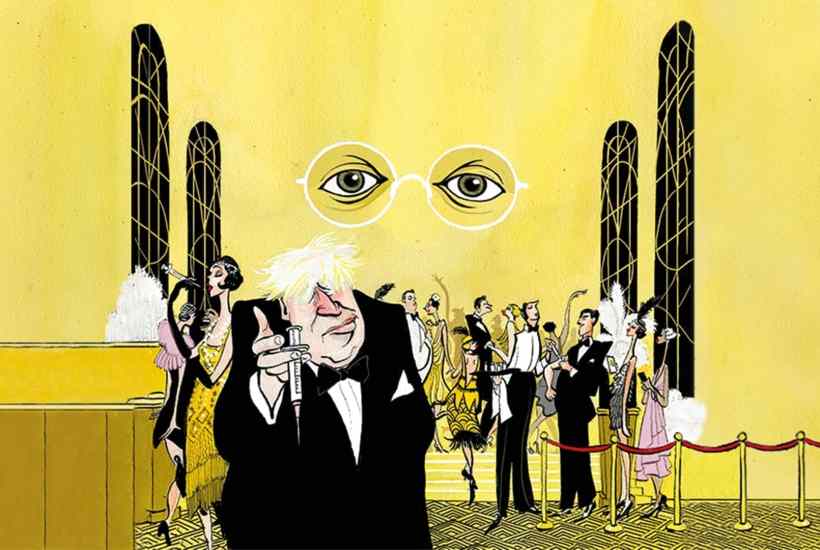
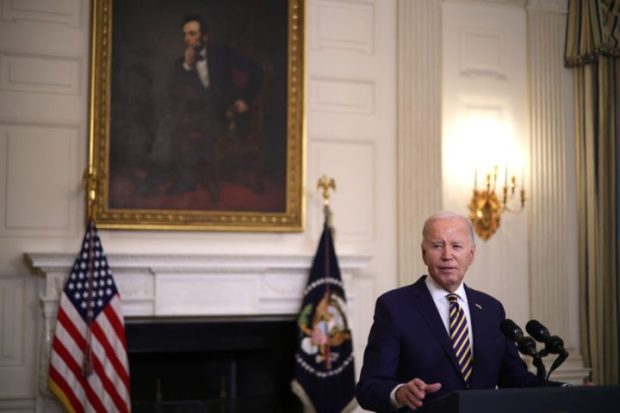
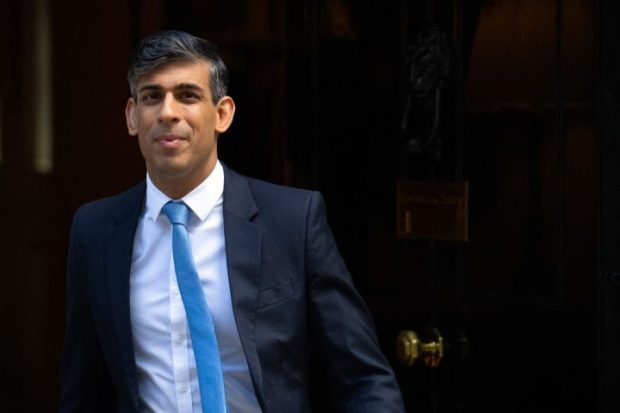
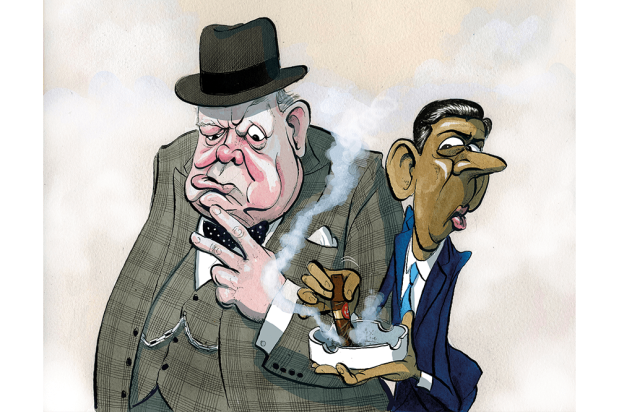
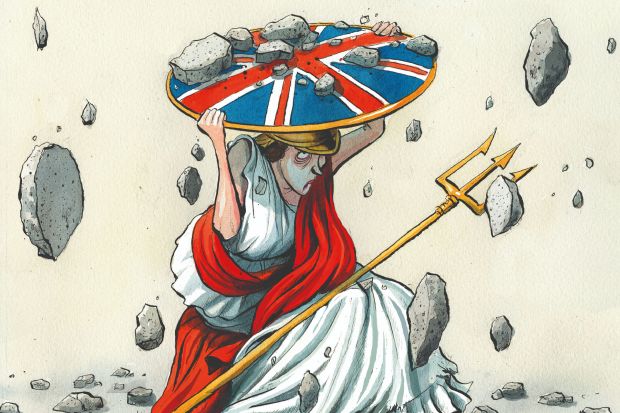
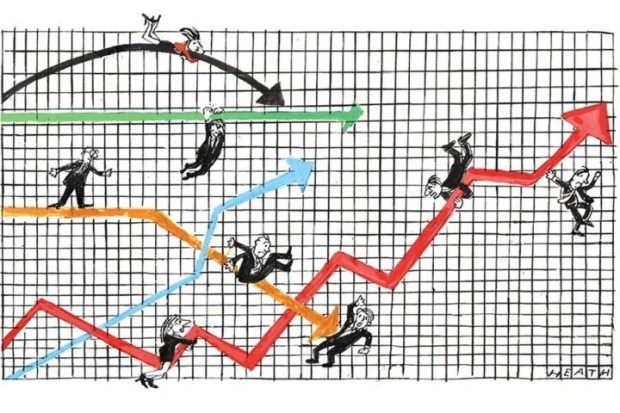
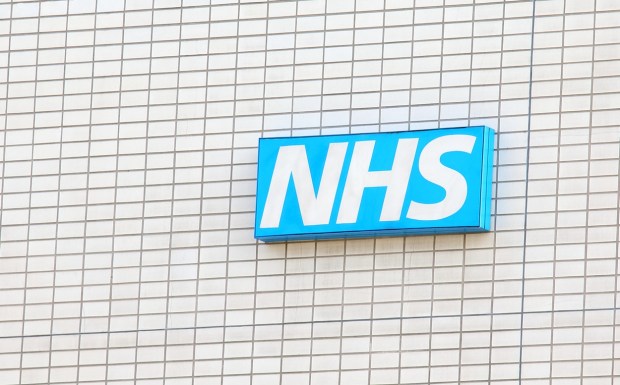












Comments
Don't miss out
Join the conversation with other Spectator Australia readers. Subscribe to leave a comment.
SUBSCRIBEAlready a subscriber? Log in